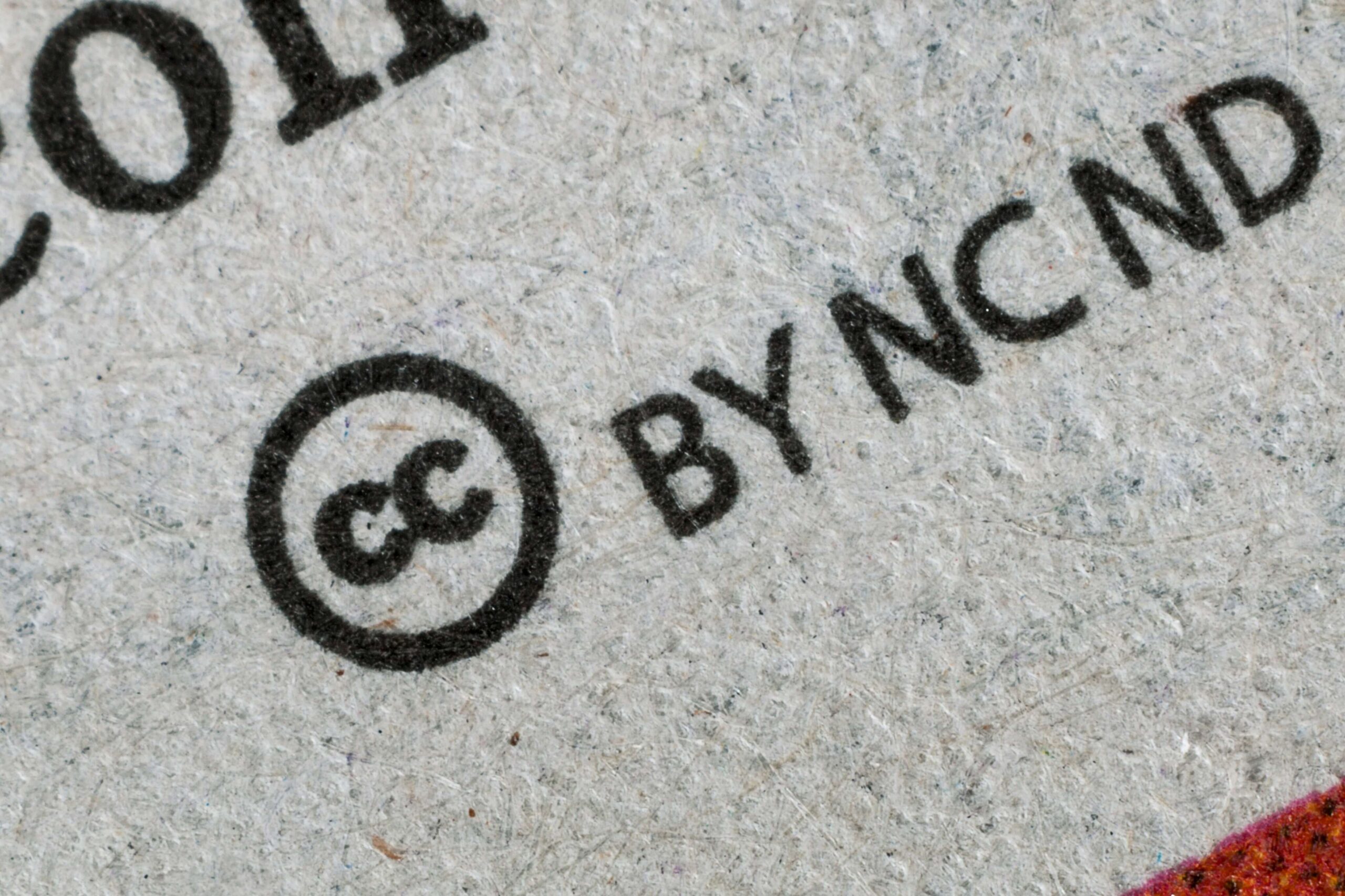In the course of employment in various sectors, the question as to the ownership of copyright works has increasingly become a major focal point, as it often raises disputes in the course of employer and employee relationships, especially in situations where the relationship enjoyed by parties has terminated. The question of ownership in the course of employment becomes very relevant as intellectual property works involve a great amount of creativity, with the aim of creating value which serves as a main source of income or reward for organizations, however to create a balance by sustaining competitive advantage, it becomes essential to secure the ownership of intellectual property works and protect the investments of organizations while also ensuring that employees receive equitable compensation for creative efforts.
What is Copyright?
Copyright is a type of intellectual property right that protects original creative works of authorship that have been expressed in a tangible form examples of these types of works can be seen with books, articles, songs, photographs, paintings etc, copyright grants the exclusive right over your work by allowing you control how your works are been used. There are various types of works that enjoy copyright protection in Nigeria, and they include literary works, musical works, artistic
works, audiovisual works sound recordings and broadcasts as provided in section 2(1) of the Copyright Act 2022.
For a work to enjoy copyright protection in Nigeria, the Copyright Act sets out two requirements which are that such work must be original and fixed in a medium of expression that can be perceived, reproduced and can be communicated directly or with the aid of a device. Having copyright over a work gives you the exclusive right to carry out actions such as reproduction, publishing, performing such work in public, broadcasting in public, communicating the work to the public, making adaptations or translations of such work, and distributing such work for commercial purposes.
Implication of Works Created in the Course of Employment
To establish ownership of a work in the course of employment, it is essential to differentiate between the concepts of authorship and ownership as it relates to copyright works in Nigeria. The author of a work is the creator of the copyrighted work ( the person who came up with the original work and reduced it into a fixed form ), such as the writer of a novel, or an artist who painted a work, ownership on the other hand deals with the legal rights associated with a copyright work
such as the right to reproduce, publish, perform in public etc, which can be transferred or assigned from one party to another.
In Nigeria, the author of a work is deemed to be the first owner of copyright in a work and has the exclusive right to exploit the legal rights associated with such work however this right can be assigned or transferred to another party, and such transfer can only be made by clearly stating it an agreement between parties ( Sec 28 Copyright Act). In applying this to copyrightable works created in the course of employment, the employee as the author of such copyrightable work,
would be seen as the first owner of the copyright in the work he created at the first instance, and has the legal right to exploit the work he has created, except otherwise is provided in an agreement, transferring such rights over the works the employee created to the employer. This entails that for an employer to own the work created by his employee in the course of employment there must be an agreement transferring such copyright from the employee to the employer, or ensure copyright assignment clauses are inserted in employment contracts between parties
A practical example can be seen when an author is employed by a publishing company to write a novel, the employment contract usually specifies that the publisher owns the rights to any work produced during the author’s employment. This means that even though the author writes the novel and is the first owner of the work, the publishing company has exclusive rights to publish, distribute, and profit from the book as the ownership of such work has been transferred in the employment agreement. The author receives a salary or compensation for their work, but they cannot independently publish or sell the novel elsewhere without the publisher’s consent
However, being employed by a government, ministry, department or agency of an international or international governmental organization, the copyright over such work shall belong to the respective government or ministry, agency or organization except if there is an agreement to the contrary stating otherwise as provided in 28(2) of the Copyright Act 2022.
In conclusion, the ownership of copyright in employment relationships requires clear and welldefined agreements to ensure both employers and employees are properly protected. While employees typically hold the rights to works created during the course of employment as first owners, such rights can be transferred to the employer by entering into agreements assigning these rights to the employer, especially when the work directly relates to their business objectives, however, employees should be entitled to fair compensation, Without clear communication and detailed contractual terms, disputes over copyright ownership can easily arise, leading to legal issues, however, employers and employees must be proactive in addressing copyright ownership in their agreements to prevent misunderstandings and ensure fair recognition and compensation for creative efforts.
